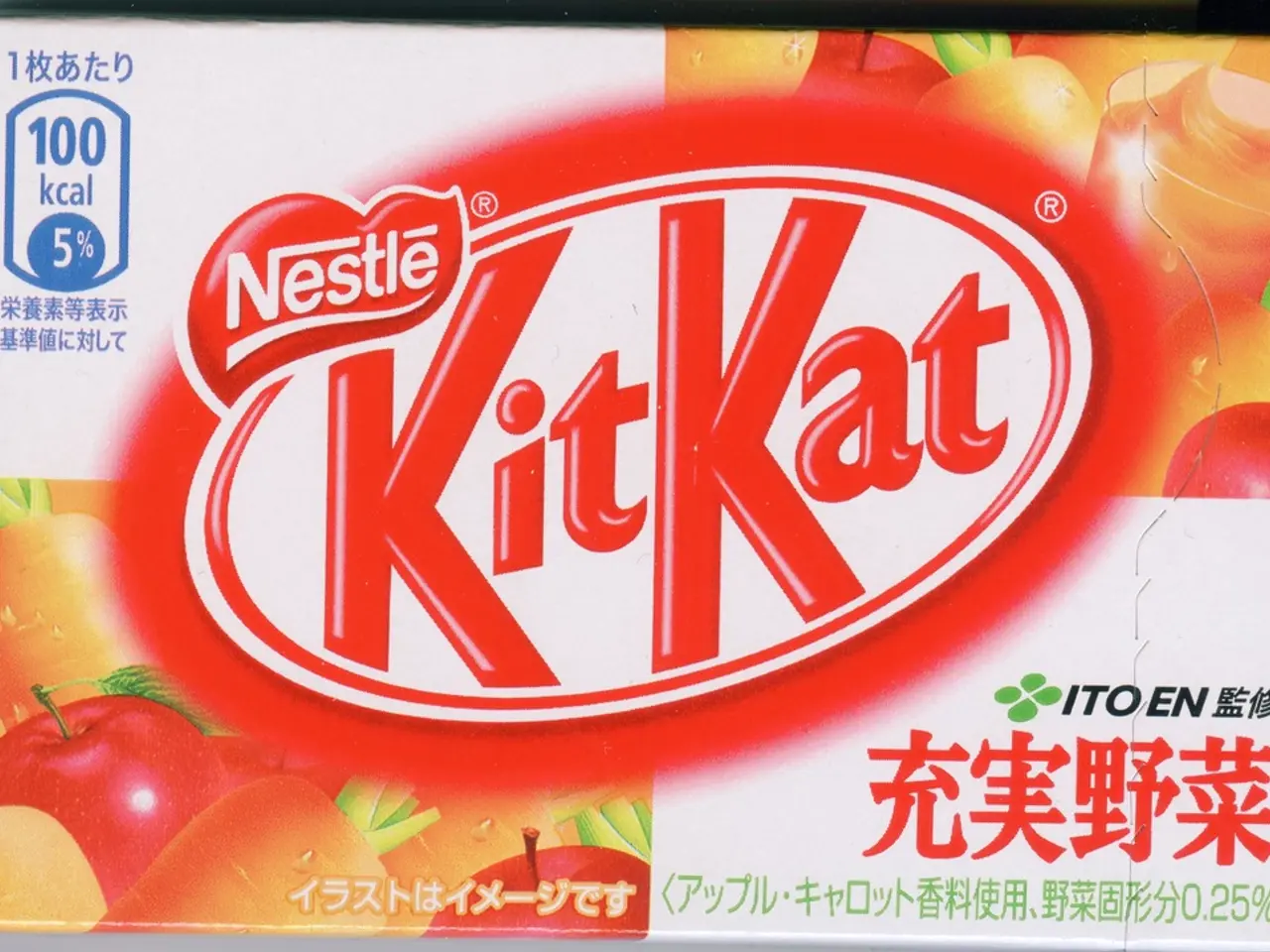Dietary recommendations for amateur athletes in the realm of sports and nutrition
Proper Nutrition for Optimal Sports Performance
A balanced and varied diet is crucial for athletes, providing the necessary energy, nutrients, and fuel for regular exercise and performance. Here's a breakdown of the key nutrients that play a vital role in supporting sports performance, recovery, and overall well-being.
Carbohydrates, the main energy source for muscles during exercise, can be found in whole grains, fruits, and starchy vegetables. They provide the fuel needed for training and competition, ensuring long-lasting energy.
Proteins, essential for muscle repair, recovery, and building blocks, are found in lean meats, fish, tofu, eggs, and legumes. Protein intake is crucial for athletes, making up about 15% of daily energy intake.
Lipids (healthy fats), such as omega-3s, are important for long-term energy, hormone regulation, and cell membrane health. Food sources include olive oil, oily fish, nuts, and seeds.
Vitamins and minerals support immune function, energy metabolism, antioxidant functions, and various other bodily processes. They can be found in vegetables, fruits, nuts, dairy, leafy greens, and seeds.
Fiber is essential for digestion and blood sugar regulation, and it can be found in whole grains, legumes, and fruits.
Water is vital for hydration, nutrient transport, and temperature regulation. A healthy adult should drink about 1.5 to 2.5 liters of water daily, with sodium-rich mineral water or fruit juices mixed with water being suitable for training.
Each of these nutrients plays a distinct and important role in supporting energy production, muscle repair, recovery, hormonal balance, and overall physical and mental performance. A balanced intake of carbohydrates, proteins, and healthy fats, combined with adequate vitamins, minerals, fiber, and hydration, enables athletes and active individuals to maximize performance, speed recovery, reduce injury, enhance mental focus, and manage weight effectively.
The food pyramid can help with tracking appropriate food intake percentages, with healthy carbohydrates forming the basis, fruits and vegetables making up a large part, animal products and proteins a smaller percentage, and sweets, unhealthy fats, and short-chain carbohydrates being minimized.
Before training, it's ideal to refrain from eating about two hours before exercise. If this isn't possible, consume easily digestible and low-fat foods that provide carbohydrates and proteins. For example, football players might prefer pasta or rice with a little turkey meat, while runners might opt for eggs, raw vegetables, or yogurt. Strength trainers might choose fruits or yogurt before their workout, and after, consume dairy products and meat.
Fruit juices can be a suitable replacement for isotonic drinks and provide more electrolytes and sodium during training. However, during training, it's best to avoid eating and drinking small amounts of water or fruit juice mixed with water regularly to replenish electrolytes.
Avoiding snacks, which are often calorie bombs with little nutritional value, is important for maintaining a healthy diet. Transitioning to a healthier diet should be done gradually to avoid extreme changes.
In conclusion, focusing on a balanced intake of carbohydrates, proteins, and healthy fats combined with adequate vitamins, minerals, fiber, and hydration is key to achieving optimal sports performance.
- For optimal sports performance, athletes need to incorporate nutrients such as carbohydrates, proteins, healthy fats, vitamins, minerals, fiber, and water in their diets.
- Carbohydrates, found in whole grains, fruits, and starchy vegetables, are essential for providing energy during exercise, while proteins, found in lean meats, fish, tofu, eggs, and legumes, aid in muscle repair and building.
- Healthy fats like omega-3s, found in olive oil, oily fish, nuts, and seeds, are essential for long-term energy, hormone regulation, and cell membrane health, contributing to overall well-being and sports performance.




